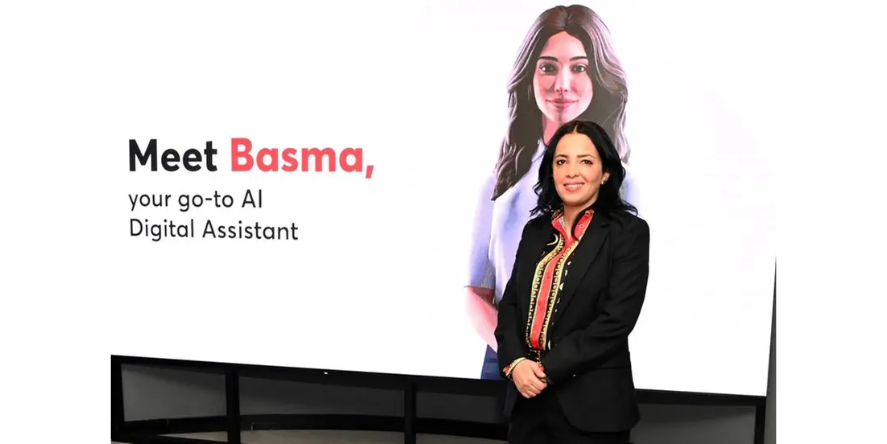By Geoffery Muns
It’s too late to say “sell in May and go away” as this goes to print June end, so the question remains what to buy in July. Just to be clear, this is not a market timing recommendation or a wholesale “Risk-On/Risk-Off” decision. Last month the market as measured by the S&P 500 index closed at an all-time high (Monday, June 14th at 4,255) and pulled back about 2% (closing Friday June 18th at 4,166).
This is a strategy idea for conservative accounts based upon the question of market conditions and expectations about current global market conditions. Investors need to take into consideration questions and unknowns surrounding inflation, the risk of global bank/central bank coordination and other macro-economic risks. Rather, this is about proper analysis and a need for diversification in investors’ portfolios.
In spite of last week’s bullish run-up in U.S. stocks, risk signals remain mixed. Equities have almost always responded positively to a dovish tone from the Fed and last week was no exception. We’ll have to closely watch the behavior of Treasuries here. The 10-year moved back above the 1.5% level last week, but the overall trend in Treasury yields is still moving lower. Bonds and stocks are still telling different stories and the big narrative over the next few months could be which asset class is proven right.
The main key concerns are peaking US growth in 2Q21, China slowdown and consistently higher inflation print. Vesting will be more skewed towards developed over emerging markets, growth and quality stocks over value and cyclicals.
Expectations of 2 rate hikes by 2023 seems to be priced in and unlikely to hinder equities performance. However, expect sector rotations and higher volatility as a result. The Fed indicated it may raise rates as early as 2023, a combination of higher borrowing costs, elevated commodity prices and still recovering economies will weigh on the outlook for EM bonds and currencies. This will leave emerging markets running out of steam.
Strong economic recovery implies higher employment, more purchasing power for consumers and solid earnings growth for companies. The ECB has maintained its accommodative policy stance. Expectations are the economy continues to improve that voices calling for an end to elevated asset purchases will grow louder supporting the Euro against the Dollar.
Continuing easy monetary and fiscal policies should support risk assets such as equities. A hawkish Fed and imminent inflation expectations for 2022 and beyond will certainly weaken demand away from precious metals. But strong fundamentals will help to support industrial metals short to medium term at least.
The energy sector has seen a great deal of volatility over the past several years, although stocks within this group have made a strong recovery off the COVID bear market bottom. OPEC+ producers are enjoying high oil prices and have shied from outlining a clear production strategy for the rest of the year. Even if they were to increase output in line with their original agreement, oil markets would still be squeezed in the latter half of the year.
To have an impact on an overall portfolio I would advise a minimum strategic allocation of 15% to 25% in alternatives/non-traditional strategies. To help with the allocation process, divide across the following categories, but that does not mean the categories should be spread equally. A thoughtful approach to risk/reward is still required as I’ve outlined below.
- Active Income producing ETFs: Strategies that produce income from Non-Traditional sources i.e. options strategies, closed end fund, REITS and multi-asset class fixed income strategies. Arguably, these strategies need to be innovative and actively managed.
- Risk Parity & Low-Neutral Beta strategies that derive returns with a non-traditional mix of assets as a one-stop solution for broad allocation.
- Tactical Strategies/Risk-On/Risk off: using a basket approach maximizes the tax efficiency of the ETF wrapper and can optimize the financial advisor’s time.
- Commodities could be in a super cycle mode and are under-owned and ubiquitous in terms of people’s life-style and standard of living. We don’t see a lot reasons that food costs will go down.
- Bitcoin and Crypto, for its mathematical properties and as a technological disruptor. Some may call it a store of value. As some would prefer to just follow the math, utility value and adoption. But I don’t like it personally! Never have and doubt I ever will for obvious reasons!
Closer to home, the UAE’s rapid vaccine rollout has afforded the economy to remain open even as the US, Europe and many other countries have imposed tighter restrictions on travel. Retail occupancy rates have recovered only marginally from last year’s pandemic lows even as international travel restrictions hamper the return of foreign tourists. Real estate prices have recovered marginally too but will have to demonstrate more confidence for the international investor to consider this market more seriously.
Rents are suffering equally but commercial units have been hit hardest as business are now looking to scale down their premises essentially because the work from home model will force business strategies to rethink their fast evolving archaic business operation models. The start of the Dubai summer surprises should give hope for struggling SMEs and corporates in sectors across the board.
However the Expo towards the last quarter will and should add more steam to the economy. It’s time to revisit old investment strategies and tweak them periodically if one has to adjust for market moves and changes and also considering to meet future vesting financial goals and objectives. Be money smart!
About the Author:
Geoffrey Muns – Geoffrey is an Independent Financial Advisor and Financial Planner certified from the UK, US and UAE based out of Dubai for the past 25 years. He also works in the private equity and VC space and is a seasoned investment banker having worked with international banks and investment firms in the region. You may contact him at 1mgicapital@gmail.com
Copyright @ 2021 for the Image, Content by Geoffrey Muns and International Business Magazine
















